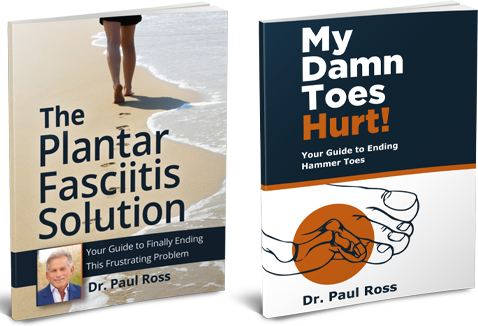
Heel spurs are calcium deposits that manifest as bony growths that extend between the heel bone and the arch of the foot. Heel spurs can be hard to detect and sometimes do not cause pain and are only discovered during routine x-rays. Our foot doctor in Springfield, VA, explains more here.
Causes
Heel spurs do not occur suddenly. They develop slowly over time due to repeated stress to the ligaments and muscles in the feet. Excessive stress causes calcium to build up in the joint and initially causes pain; ignoring the pain leads to worsening of the heel spur. Other causes include:
- Arthritis
- Excessive wearing of sandals
- Ill-fitting shoes
- Bruising of the heel
- Poor gait
Another co-occurring foot problem with heel spurs is plantar fasciitis – inflammation of the muscle that connects the heel and the toes. This condition is also caused by stress and tension in the foot muscles. However, plantar fasciitis can resolve on its own; heel spurs are permanent and may require surgery.
Symptoms
Heel spurs may feel warm to the touch and be painful; however, they are generally present without pain and only visible during an x-ray. If symptoms are present, they include:
- Heel swelling
- Arch and/or heel inflammation
Our podiatrist can help diagnose your heel spur and recommend treatment options.
Heel Spur Treatments
Treatments for heel spurs include:
- Anti-inflammatory injections, such as corticosteroids to relieve pain and inflammation
- Cold compresses for joint and muscle pain
- Stretching exercises
- Surgery, if your heel spur pain is ongoing and interferes with your life
Our podiatrist may also recommend physical therapy for your heel spur recovery. Other helpful treatments are calf stretches, foot flexes, and grabbing towels with your toes to exercise the plantar fascia.
Contact Our Foot Doctor in Springfield, VA, Today To Find Out More!
The information provided in this article is not meant to be medical advice and is for educational purposes only. If you would like to learn more about this and other podiatry-related topics, feel free to contact The Podiatry Center by clicking here or by calling 301-232-3764.

